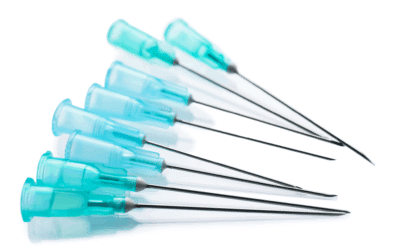
We recently featured Dr. Nathan Morris of ,Good Medicine Colorado on The Headache Doctor Podcast for ,a discussion on functional medicine and the role that inflammation plays in our body’s ability to process pain signals and heal itself. As we have discussed in previous podcast episodes (see ,The Effects of Diet on Headaches and Migraines), inflammation can play a role in triggering a headache or a migraine attack. When we introduce inflammatory factors into an environment that is already dysfunctional at its baseline, our threshold for tolerating pain and dysfunction drops. Inflammation can be caused by lifestyle factors such as stress, lack of sleep, or obesity or by foods and things we ingest such as alcohol, sugar, and fried foods. Below are a few practical tips that you can implement to reduce inflammation within your body.
Reduce Stress
- Consider implementing a yoga practice into your daily routine. Yoga helps build a mind-body connection and is a low impact way of moving your body.
- Meditation has been proven to reduce physiological markers of stress and has a direct impact on the brain circuits that help to fight inflammation in the body.
Improve Gut Health
- Probiotics are a great way to improve gut health and the immune system. Learn more about recommended probiotics for headaches and migraine in ,this podcast episode.
- Consider reducing your dairy and gluten intake or eliminating it altogether. It is important to take a conservative approach to elimination diets and you should always consult your healthcare provider with any in-depth questions about your specific dietary needs.
Exercise Regularly
- Research has shown that just 20 minutes of light exercise daily can have anti-inflammatory benefits.
- Walking, hiking, swimming, cycling, and aerobic dance are all excellent options that will help to get the whole body moving.
Add Supplements
- Magnesium can help fight inflammation in the body and has also been shown to help reduce migraine symptoms. Learn more about magnesium here.
- Omega-3 fatty acids are an important addition to an anti-inflammatory diet. Examples of natural sources are salmon, tofu, walnuts, flax seeds, and soybeans.




